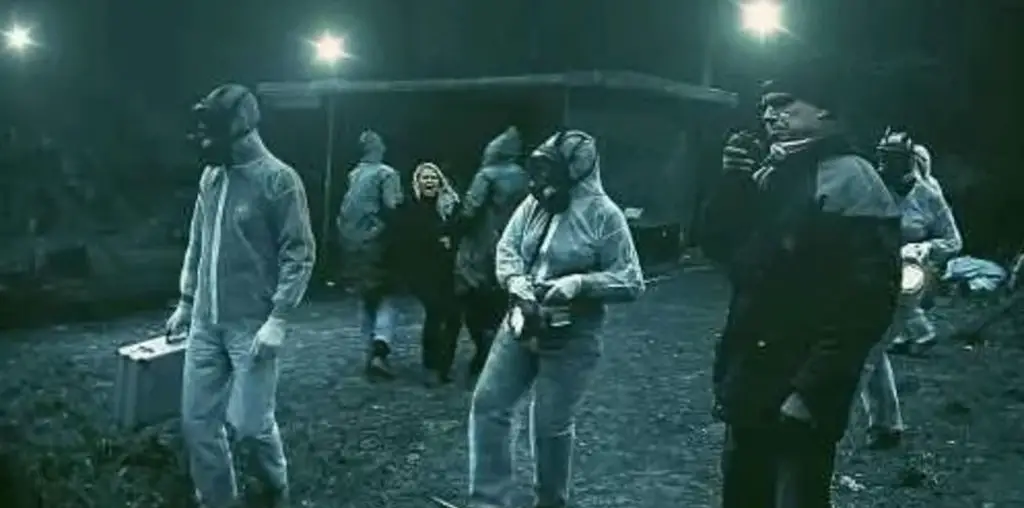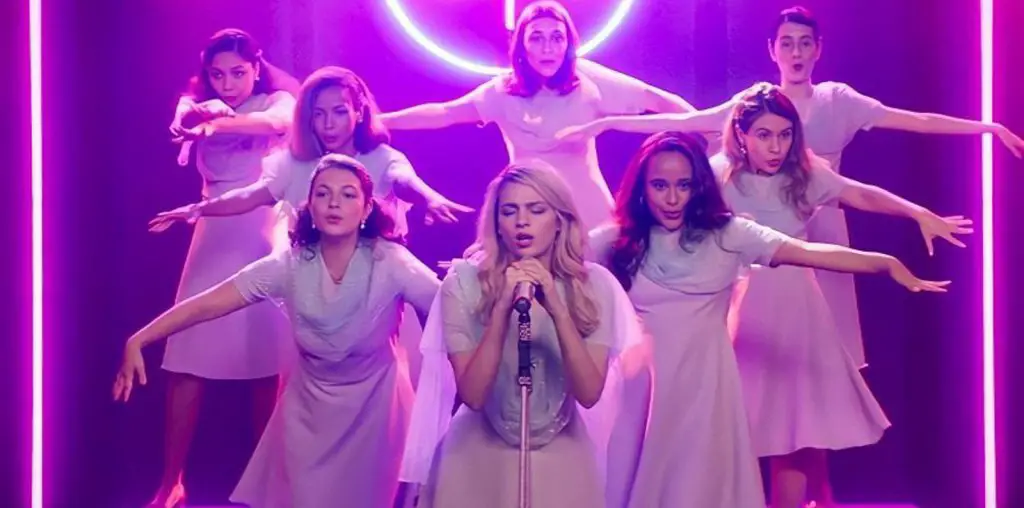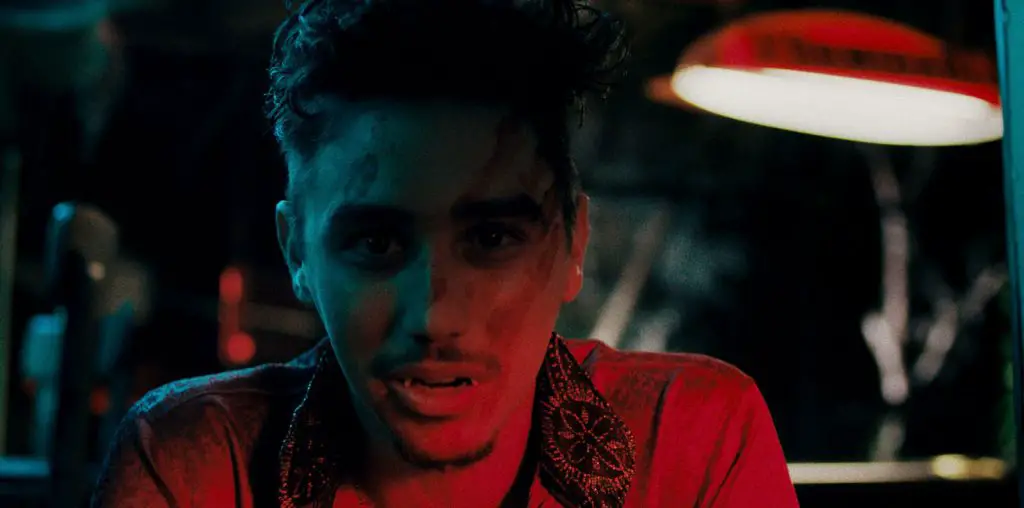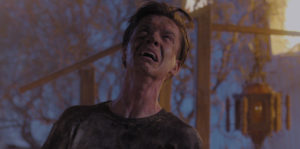
For a low-budget horror movie such as The Unhealer, there’s originality and absurdity to spare. Martin Guigui directs what ends up being an inventive and enjoyable, albeit gravely flawed, slice of campy B-movie horror. The film, written by Kevin E. Moore and J. Shawn Harris, follows Kelly Mason (Elijah Nelson), a young man suffering from pica, an eating disorder that causes him to eat inedible stuff. Pills are no help, and his mother (Natasha Henstridge) has no idea how to help him while his classmates bully him. Kelly’s crush, Dominique (Kayla Carlson), is the only one who’s nice to him.
Meanwhile, Pflueger (Lance Henriksen), a former con artist, is infiltrating and disrespecting Native American burial grounds for artifacts. An explosion at the site gives him the power to heal others. The Native American elder calmly implores him to give the ability back, but Pflueger adamantly refuses. Instead, he hopes to exploit the power to achieve immortality and prolific sums of wealth.
In a moment of desperation, Kelly’s mother hires Pflueger to cure Kelly. Strangely, Pflueger dies in the process, and Kelly inherits the healing abilities. But with these mystical faculties come unintended uses: any harm inflicted on his body only harms his abuser. Additionally, if Kelly eats anything someone has worn, every sensation he feels, the person who wore the clothing feels as well. After tragedy strikes Kelly, he craves vengeance on those who wronged him. But revenge comes at a cost.
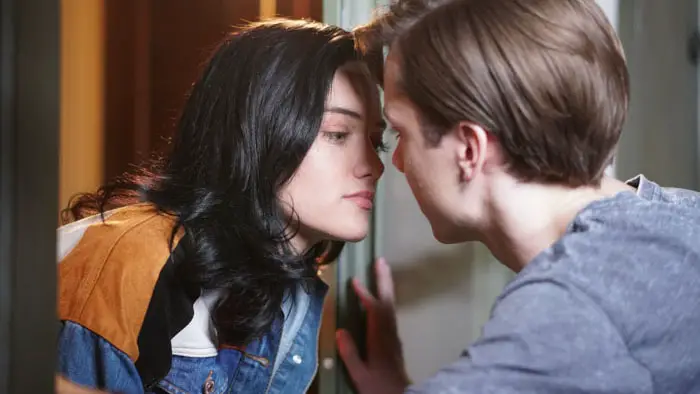
“…any harm inflicted on his body only harms his abuser.”
Truthfully, The Unhealer has a spellbinding concept that boldly changes how an inflamed protagonist goes about seeking revenge. Having him exercise a healing ability that allows him to harm his abusers by mirroring their abuse is a unique form of retribution. Not to mention how he’s able to exploit his eating disorder to inflict pain on his abusers without them suspecting it directly. The punishment is as visceral as it is physical. In one scene, Kelly utilizes a drill to administer pain to a bully. Suffice to say, there’s a lot of spurting blood.
These shamelessly barbaric scenes aren’t handled too seriously. There’s a patent sense of twisted comedy to the outlandish horror. That being said, some scenes are unintentionally comedic, in large part due to the choppy editing and melodramatic dialogue. In addition, the story’s flow is disjointed, marked by sudden cuts and clumsy directing. Other than the grisly imagery, the visual and technical aspects are lacking in craft and verve. But The Unhealer, despite the budgetary limitations, preserves enough of the creativity and gory madness to be pleasantly madcap.
Lance Henriksen, Elijah Nelson, and Natasha Henstridge are familiar faces in the cast. They don’t give notable performances, but then again, the material they’re given veers toward exaggeration. Despite not being given more fleshed-out material, Nelson conveys the choler of a perturbed teen convincingly.
Guigui tackles a gripping premise, and he does so in a way that adequately addresses the teenage angst and escalating violence that are both at play here. While the concept never reaches its full potential, at least the filmmaker tried to make it work on a paltry budget. That notwithstanding, The Unhealer is delightfully warped and ridiculously chaotic.

"…delightfully warped and ridiculously chaotic."
